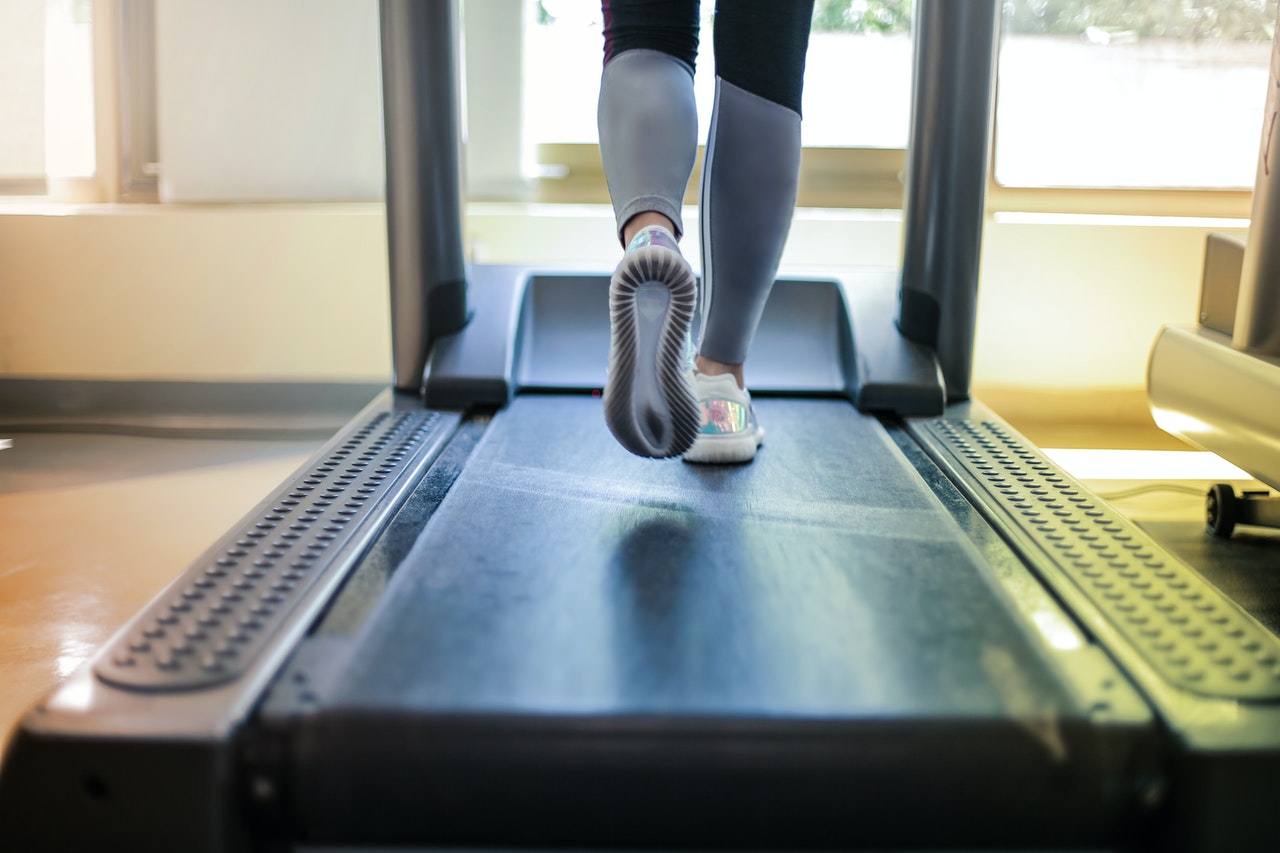To run a gym or workout facility, you’re going to need some fitness equipment. But many gym owners struggle with the decision of whether to buy or lease gym equipment. Members choose which gym to join based on several factors, but one of the most important variables is the equipment that’s available.
Whether you’re just starting out, or looking to make upgrades to your existing facility, there’s a lot of thought that needs to go into your equipment. Gym-goers want to see fitness equipment that’s modern, up-to-date, and user-friendly. You also want your inventory to attract new members, while still meeting the needs of current clients.
Your fitness equipment is arguably one of the most important decisions you’ll make—and has the potential to be one of the most expensive aspects of your business—so to help you decide which option is right for you, this blog will cover some of the pros and cons of buying gym equipment versus leasing equipment.
BUYING GYM EQUIPMENT
The main difference between buying gym equipment versus leasing equipment comes down to ownership. When you choose to purchase the equipment, that ownership can add value to your fitness center in several ways.
Pros of buying gym equipment:
- You can customize it: Deciding on the aesthetics of your fitness facility is one of the most fun parts of opening a gym. If you purchase your gym equipment, you can customize it by choosing colors and branding your inventory to match the overall look and feel you want. Creating a cohesive environment also helps build a sense of community, which is attractive to both current and prospective members.
- It gives you an asset: Ownership of fitness equipment is an asset, which becomes especially important for gym owners who decide to sell their fitness facility. The added value of owning your fitness equipment means you can ask for a higher selling price, and it may also entice buyers who don’t want to spend the time or money to find new inventory.
- You can sell it to offset upgrade costs: Buying gym equipment is expensive, but another benefit to owning your own fitness equipment is that you can sell it to help offset upgrade costs. Not only does this help lessen the financial burden, it also keeps your facility modern and up-to-date, which is attractive to both current and potential new members.
Cons of buying gym equipment:
- High initial purchase price: Whether you purchase the equipment entirely out of pocket or have to make a large down payment on a loan, the initial purchase price will require a large amount of your cash reserves. Purchasing loans that require high monthly payments can also put pressure on future cash flows of your business.
- Maintenance & upkeep costs: When you own your own fitness equipment, you’re the one responsible for covering repairs and maintenance costs. In addition to costing even more money, this can also be inconvenient for your members when the fitness equipment is unavailable.
LEASING EQUIPMENT
While buying gym equipment can offer several benefits like we talked about earlier, it’s not always the best option for gym owners. Leasing equipment can offer greater flexibility, and help you stay ahead of competitors.
Pros of leasing equipment:
- Lower upfront cost: One of the biggest benefits to leasing equipment is the lower upfront costs required. Although some lease terms may require first and last month’s payment right away, the cost will still be lower than buying gym equipment.
- Tax benefits: If you have an operating lease, you should be eligible to write off your monthly lease payments as an operating expense on your tax return per The Tax Cuts and Jobs Act passed in 2017. By deducting the monthly payments from your revenue, you’ll lower your taxable income.
- Flexibility to upgrade more frequently: When business owners decide to purchase the equipment, they’ll most likely keep the inventory for as long as possible. This means there’s a greater likelihood for the equipment to become outdated, or in constant need of repair. Leasing equipment provides greater flexibility for upgrades since the lease term is usually shorter than the equipment’s lifespan.
Cons of leasing equipment:
- Lack of ownership: The only reason for not leasing equipment is that you won’t have ownership of it. Some lease agreements allow equipment to be considered an asset (with corresponding liability) on the balance sheet, but that doesn’t mean you own it. Unless your lease includes an option to purchase the equipment for a reduced price at the end of the lease, you’ll need to return it once your contract period is up.
CONCLUSION
Deciding whether to buy or lease gym equipment can be daunting, but it’s one of the most important decisions you’ll make as a fitness business owner. To figure out which option is best for you, you’ll need to thoroughly consider your fitness center’s needs and available resources to determine which approach makes sense for your business at any stage of growth.
To learn how EZFacility’s gym management software can help you stay organized and on top of your finances so you can successfully grow your business, schedule a free online demonstration and personalized product tour.
